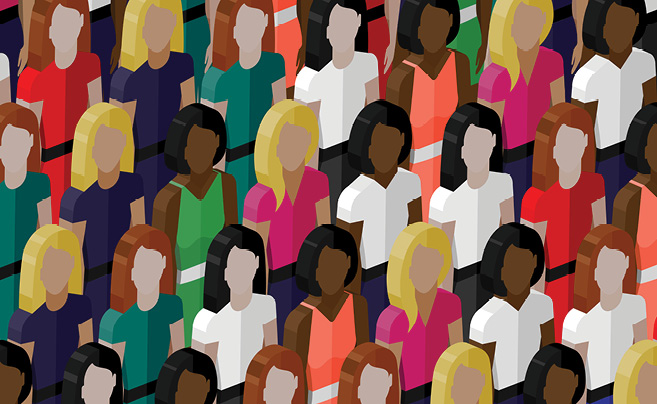Recently, PayPal was heavily criticised across social media for having an all-male panel to discuss gender diversity and inclusion. The following week, the ABC’s Q&A program had a special edition that brought together a panel to discuss the relationship between politics and religion. The panel consisted of 5 people who were all Christians.
How hard can it be to have diversity on a panel? Surely the idea of a panel is to have a diverse group of people that bring different thoughts, thus promoting robust discussion.
The frequency of this issue has also led to the development of a website that is solely dedicated to sarcastically congratulating all-male panels. The fact that there is even a need for a site like this, and that new entries are added on almost a daily basis, is astounding.
Lack of diversity is not only evident on panels. It is also clearly visible when it comes to speakers at conferences. Predictable excuses why this is the case, such as ‘Both women we called were booked’ or ‘Women just want to talk about women’s issues’, resulted in the following BINGO card being created:
There are many males who are taking a stand on this. World-renowned Australian speakers such as Matt Church, Dan Gregory, and Jason Fox have made a pledge to not be involved in an all-male speaking line up. The website speakerdiversity.com lists speakers who have made the same pledge. Furthermore, the Male Champions of Change have also pledged to not be involved in an all-male panel. Their Panel Pledge and the speaker diversity website offers sound advice to generate more diversity. This includes:
Book female speakers first — The reality is we do have more male speakers and panellists, so if you want to truly have diversity, then book your female speakers first to ensure their availability.
Ensure speaker criteria are not inadvertently biased — In Australia, limiting panel participation to CEOs or government ministers leaves you with very few women to select from.
Ask around — Ask other panellists, industry insiders, and specialist women’s organisations to recommend female speakers.
Strive to achieve 50:50 gender balance — Ask the question, ‘If we don’t have gender balance, why not?’ and be prepared to talk about the gender imbalance when you see it.
Of course diversity encompasses more than gender equality for panels and conference speakers. Diversity Australia suggests we need to also address the issue with regards to age, race, sexual orientation, ethnicity, physical abilities, and qualities. Moreover, if diversity leads to better discussion, which in turn leads to better decisions, then including women on panels, as conference speakers, and in senior positions of influence, should be intentional. As Elizabeth Broderick, Sex Discrimination Commissioner, Australian Human Rights Commission states, ‘One of the things I’ve learned is that if you don’t intentionally include, the system unintentionally excludes’.
So until the system gets to a point that it no longer unintentionally excludes, perhaps we need to start thinking about ways we can intentionally include. How hard can it be?








